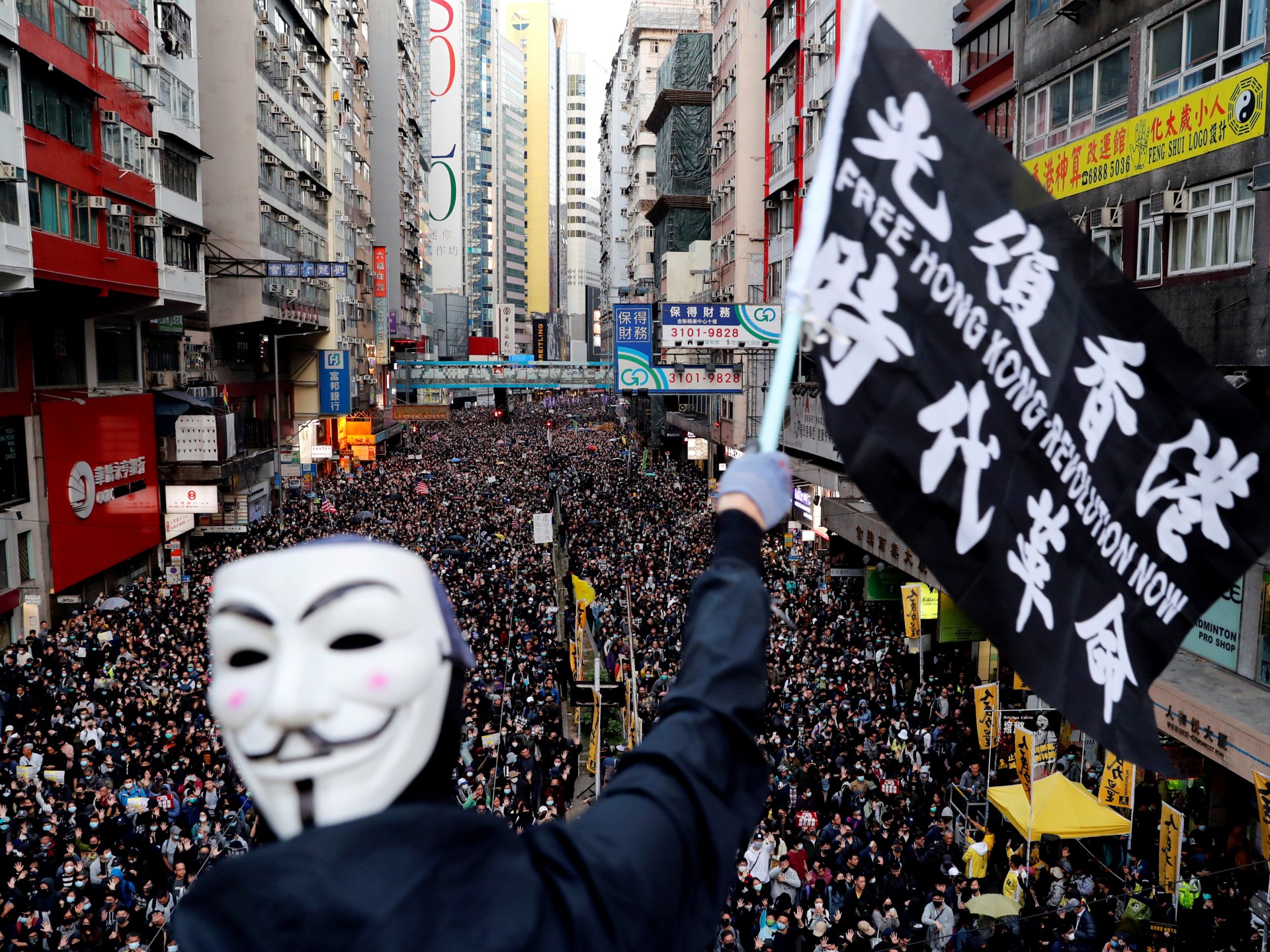
What is Article 23, Hong Kong’s new draconian national security law?
Al Jazeera
Passing of new national security law described as ‘very dark day’ for civil liberties in Hong Kong.
Legislators in Hong Kong have approved a new national security law - referred to as Article 23 – that gives the government new powers to crack down on all forms of dissent on the grounds of alleged treason, espionage, sedition and external interference in Hong Kong’s internal affairs.
Article 23 is the second such security law since 2020, when authorities cracked down on months of pro-democracy protests in Hong Kong, leading to the arrest or flight into exile of hundreds of activists, politicians and public figures advocating for more openness in the Chinese-ruled financial hub.
Hong Kong authorities say the new legislation – which will come into power on March 23 – is necessary to reinforce existing national security laws, while critics say it will be used to intimidate and further restrict the rights and free expression of residents in Hong Kong and overseas.
Beijing promised to preserve Hong Kong’s civil liberties for 50 years when the former British colony returned to Chinese rule in 1997. But Hong Kong’s political and free speech environment has changed dramatically since the large-scale 2019 street protests that challenged China’s rule over the semi-autonomous territory.
Passed on Tuesday, Article 23 focuses on five types of crimes: treason, insurrection, sabotage that endangers national security, external interference in Hong Kong’s affairs, and espionage and theft of state secrets.











